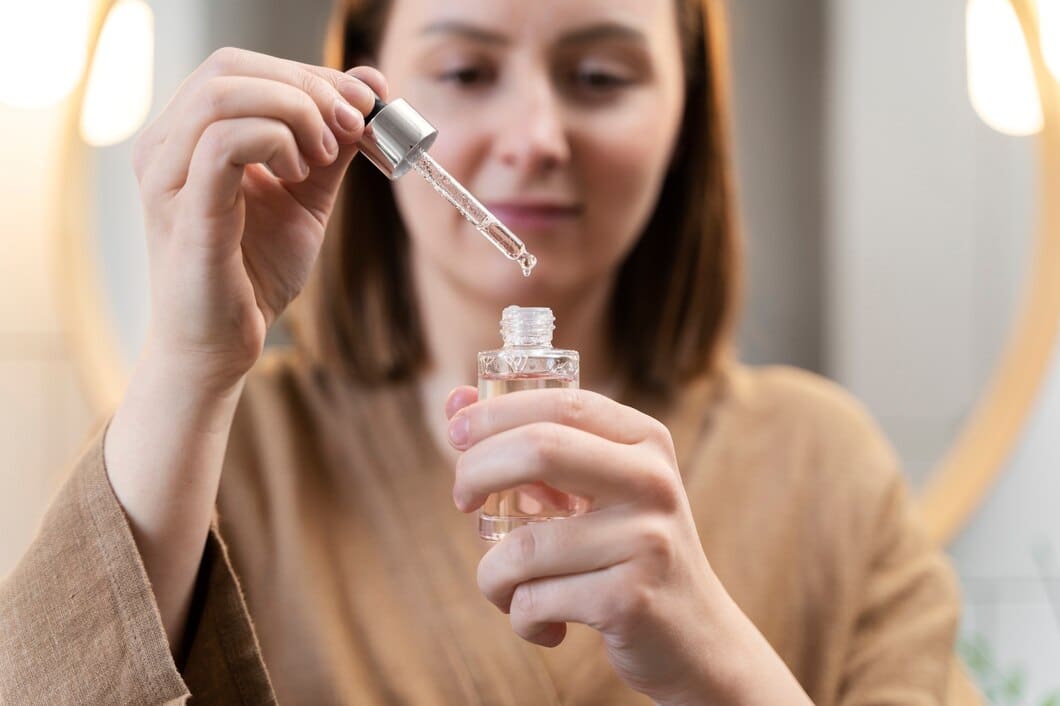Yucca, a plant native to arid regions of North and Central America, has been used in traditional medicine for its purported anti-inflammatory and cleansing properties. However, its safety in skincare remains questionable. While natural ingredients are often assumed to be beneficial, scientific research suggests that yucca’s bioactive compounds may pose risks, especially for sensitive skin. This article explores the potential dangers of using yucca in skincare, supported by studies and expert insights.
What Is Yucca?
It is a perennial plant containing bioactive compounds such as saponins, polyphenols, and resveratrol. These components contribute to its antibacterial and antioxidant properties, which have led to its inclusion in some skincare products. However, scientific evidence raises concerns about its effects on human skin.
Potential Risks of Yucca in Skincare
1. Saponins: Skin Irritants with Potential Toxicity
Yucca is rich in saponins, naturally occurring compounds that create a foaming effect and act as natural detergents. While they have cleansing properties, saponins can also be harsh on the skin. According to RxList, saponins can cause irritation, redness, and even damage to the skin barrier when used in excessive amounts or by those with sensitive skin. Their surfactant nature may strip the skin of its natural oils, leading to dryness and increased sensitivity.
A study published by the International Journal of Cosmetic Science (2017) found that excessive saponin exposure can disrupt the lipid barrier, resulting in increased transepidermal water loss (TEWL) and irritation. Individuals with conditions like eczema or rosacea may experience exacerbated symptoms when using yucca-based skincare.
2. Allergic Reactions and Contact Dermatitis
While research on yucca-induced dermatitis is limited, its similarity to other saponin-rich plants suggests a potential for allergic reactions. The Lady Bird Johnson Wildflower Center notes that yucca contains compounds that can cause dermal irritation and inflammation. Symptoms of allergic contact dermatitis may include:
- Redness and itching
- Swelling or blistering
- Burning or stinging sensations
- Dry, flaky skin
According to RxList, individuals with pre-existing allergies to members of the Asparagaceae family (which includes aloe vera and agave) may have a higher risk of developing skin reactions to yucca.
3. Potential Toxicity and Adverse Reaction
The safety of yucca for topical use has not been thoroughly studied, but it is known to be toxic when ingested in large quantities. Greg.App states that yucca can be toxic to humans and pets if consumed, raising concerns about accidental ingestion in lip or hand care products.
Additionally, Desert Sun reports that yucca spines can cause severe skin irritation and infections when they pierce the skin. While such extracts used in skincare do not contain these spines, the plant’s defensive mechanisms suggest it may not be inherently skin-friendly.
4. Lack of Regulatory Guidelines
Unlike well-researched botanical ingredients such as chamomile or calendula, yucca lacks official safety guidelines from regulatory bodies like the FDA (Food and Drug Administration) and the SCCS (Scientific Committee on Consumer Safety). This absence of standardized recommendations means that concentrations of yucca in skincare formulations may vary, increasing the risk of adverse reactions.
Is Yucca Safe for All Skin Types?
Yucca’s effects on the skin vary based on individual skin type:
- Sensitive Skin: High risk of irritation and redness.
- Dry Skin: Saponins may further dehydrate the skin by stripping natural oils.
- Acne-Prone Skin: Potential for pore-clogging or worsening inflammation.
- Healthy, Normal Skin: Some individuals may tolerate it, but its long-term effects remain unclear.
Given the lack of conclusive research, patch testing is recommended before applying yucca-containing products to the face or body.
Should You Avoid Yucca in Skincare?
Despite its antioxidant properties, yucca’s high saponin content, potential for irritation, and lack of dermatological research make it a questionable ingredient for skincare—especially for those with sensitive skin or existing conditions like eczema.
Safer plant-based alternatives, such as aloe vera, chamomile, and calendula, have more well-documented benefits and fewer risks. Until more research clarifies yucca’s safety profile, consumers should remain cautious and opt for dermatologist-approved ingredients.
Key Takeaways
- Yucca contains saponins, which may cause skin irritation and disrupt the skin barrier.
- Studies indicate a potential risk for contact dermatitis and allergic reactions.
- Research on yucca’s long-term effects in skincare is limited.
- Yucca may be toxic if ingested and has no established safe concentration levels in cosmetics.
- A patch test is advised before using yucca-based skincare products.
While nature provides powerful skincare ingredients, not all plant-derived components are safe for topical use. Until more research emerges, it may be best to approach yucca-based skincare with caution.




